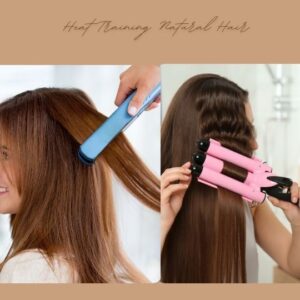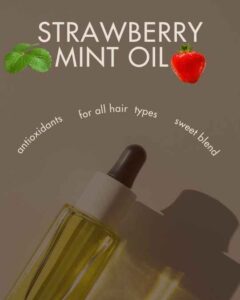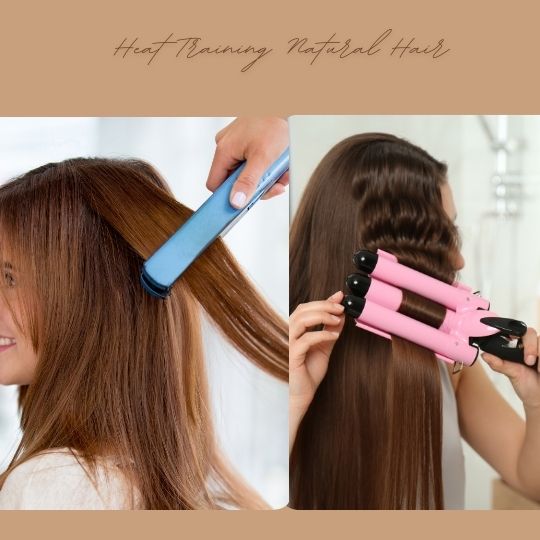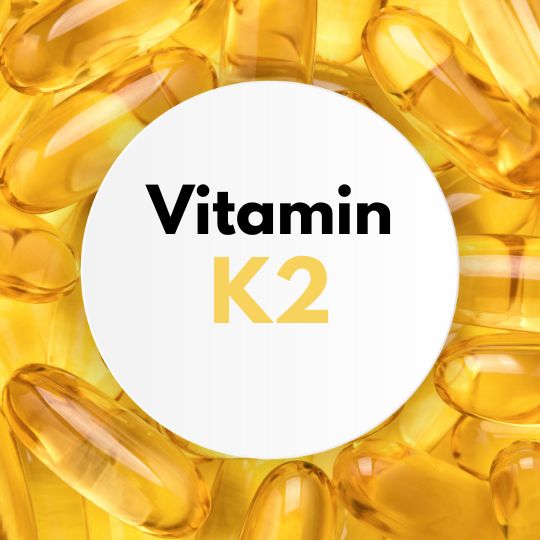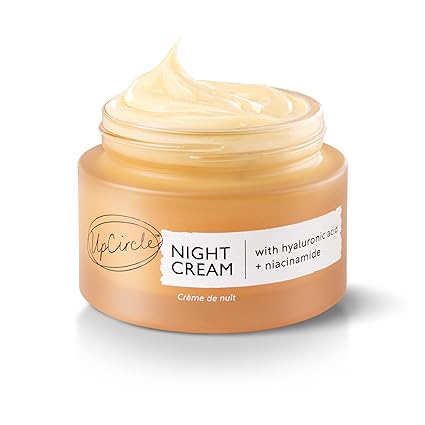Rice water is one of those things that have become a massive hit in the natural skin care arena. Said for hundreds of years across Asian countries, including Korea, Japan, and China as the key to glowing and flawless complexion as well as improving skin appearance; ginseng also helps to energize nails.
It might be your new secret weapon if you are seeking to get the famous Korean glass skin we all seem to pin for or even a natural method of enhancing and tightening the skin.
Ancient China: Tang Dynasty’s Timeless Beauty Secret
During the Tang Dynasty (618-907 AD), Chinese. This ancient practice involved soaking rice to create a milky solution, which was then applied to the skin, forming the foundation of elaborate beauty routines that have endured through the ages.
Ancient Japan: The Geishas’ Path to Porcelain Skin
In ancient Japan, the secret to the geishas’ flawless, porcelain-like skin lay in the use of rice water, known as “Nuka Bijin.” This traditional beauty treatment involved mixing rice bran with water to create a paste, which was then applied to the face and body. Passed down through generations, this practice became a cornerstone of Japanese beauty culture, cherished by noblewomen and geishas alike for its ability to provide clear, luminous skin.
Ancient Korea: The Royal Legacy of Rice Water
In ancient Korea, rice water was revered as a vital skincare ingredient, widely used by women to cleanse and hydrate their skin. Legend has it that Queen Heo Hwang Ok, a Korean queen who married an Indian king in the first century AD, introduced rice cultivation to Korea.With it came the enlightenment of the virtues of it which became as rub as the basis of the mysterious Korean facial care, which preceded the multiple-day Korean skincare traditions that are popular today.
Ancient India: Ayurveda’s Rice Water Remedies
In ancient India, rice water found its place in Ayurvedic practices, where it was cherished for its cooling and soothing properties. “Tandulodaka” in Sanskrit, rice water was used as a natural remedy to treat inflammation, sunburns, and acne. Indian women use rice water on their skin to keep a bright complexion.
Ancient Thailand: The Secret to Silky Smooth Skin
In Thailand, rice water has been a treasured beauty secret for generations. Thai women would use the leftover water from rinsing rice to wash their faces. It is still a beloved part of traditional Thai beauty. It is mixed with other natural ingredients like turmeric, coconut oil, and aloe vera for improved skincare.
Other Countries: A Global Beauty Legacy
In Southeast Asia, this use of traditional remedies, in one beautifying regimen is not unique and can be seen in many other countries. In other countries such as Indonesia, Vietnam, and the Philippines, it has been used since time immemorial as a natural skin toner and hair conditioner. Rice water is another technique that women in these regions have been using to enhance their beauty as the water is effective in washing, lightening, and improving skin and hair texture among other benefits. Today, rice water is still popular in different countries, and the contemporaries are finding out all the benefits of this water.
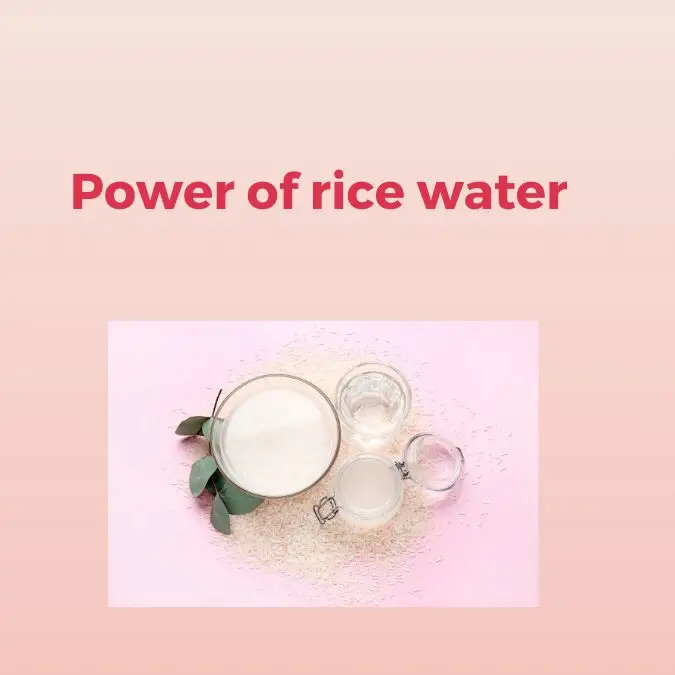
Table of Contents
ToggleWhat is Rice Water?
Rice water is the starchy juice quit after soaking or cooking rice. Rich in vitamins, minerals, and antioxidants. It’s a natural powerhouse for your skin. It contains amino acids, vitamins B and E, and minerals that help brighten the skin and reduce inflammation. It improves skin elasticity and makes your skin wrinkle-free.
Key Components in Rice Water
- Starches:
- The main component in rice water, starches are released when rice is soaked or boiled. Starches help to soothe the skin, reduce irritation, and provide a smooth texture.
- Amino Acids:
- Essential for skin health, amino acids in rice water aid in skin repair, hydration, and protection. They help to maintain the skin’s natural barrier and promote elasticity.
- Vitamins:
- Vitamin B Complex:
- Niacin (Vitamin B3): Brightens the skin, reduces redness, and evens out skin tone.
- Thiamine (Vitamin B1): Acts as an antioxidant, protecting the skin from free radical damage.
- Riboflavin (Vitamin B2): Supports skin repair and regeneration.
- Vitamin E:
- Vitamin B Complex:
- Minerals:
- Magnesium: Soothes and calms the skin, reducing inflammation.
- Potassium: Helps to maintain skin hydration and balance moisture levels.
- Zinc: Provides anti-inflammatory properties and helps with acne prevention.
- Antioxidants:
- It is rich in antioxidants, including ferulic acid, which helps to protect the skin from oxidative stress and environmental damage, slowing down the aging process.
- Ferulic Acid:
- An antioxidant that boosts the effectiveness of other antioxidants like Vitamin E, providing additional protection against UV damage and aging.
- Inositol:
- A carbohydrate that promotes cell growth and regeneration. Inositol helps improve skin texture, delays the appearance of aging signs, and boosts collagen production.
- Pitera (in Fermented Rice Water):
- A type of yeast extract rich in vitamins, amino acids, and minerals, formed during the fermentation process. Pitera helps to smooth the skin, improve its texture, and promote a youthful glow.
- Phytic Acid:
- A natural antioxidant that can help in exfoliation, improving skin tone, and reducing pigmentation.
- Lipids:
- It contains small amounts of lipids, which help to nourish and moisturize the skin.
These components work together to make rice water a versatile and effective treatment for various skin concerns, such as dullness, irritation, aging, and uneven skin tone.
How to Make Rice Water for Your Skin
Making it at home is simple, and there are several methods to choose from:
- Soaking Method:
- Rinse ½ cup of uncooked rice thoroughly. Put the rice in a bowl and add 3 cups of water. Let it soak for about 30 minutes, then strain the rice, collecting the water. Store the rice water in a clean container.
- Boiling Method:
- Cook rice as you normally would, using more water than usual. Once the rice is cooked, leftover the water in a clean container. Let it cool to room temperature before using it on your skin.
- Fermented Rice Water:
- Follow the soaking method, but instead of using the rice water immediately, leave it in a jar at room temperature for 24-48 hours to ferment. Once it emits a slightly sour smell, it’s ready to use. Store it in the fridge to halt the fermentation process.
Benefits of Rice Water for Skin
Natural Toner
It is a fantastic natural toner that helps to tighten pores and refresh your skin. After washing the face soak a cotton ball or pad in rice water and gently wipe your face. This natural remedy balances your skin’s pH and reduces pigmentation. The toner leaves your complexion feeling recharged and rejuvenated.
Soothe and Hydrate Dry Skin
If your skin feels parched and irritated, especially after exposure to harsh chemicals like sodium lauryl sulfate (SLS)—a common ingredient in personal care products—rice water might be the soothing solution you need. It contains natural starch that acts as a barrier that simply helps keep moisture as well as soothe the skin’s inflammation. It has also been liked by many when used. The skin’s much-needed softness and smoothness after coming across the harsh effects of SLS.
Skin Brightening
It has lightening properties due to the Vitamin B Complex. If using it regularly it makes your skin rightly lit. It is blessed with natural properties that help one get rid of blotches and overcoloring.
Anti-Aging
Packed with antioxidants, rice water is an effective anti-aging treatment. It helps to diminish the appearance of fine lines and wrinkles, promoting smoother and younger-looking skin. The regular application of traditional remedies can help to preserve your skin’s youthful glow.
Acne Treatment
Rice water’s anti-inflammatory properties make it a powerful remedy for acne. It soothes irritated skin, reduces redness, and helps calm breakouts. Its gentle nature makes it suitable for all skin types, sensitive and acne-prone skin is also included.
Digestive Upsets
While primarily used for skin, rice water can also be beneficial for digestive health. Drinking rice water can help soothe the digestive system, alleviating symptoms like diarrhea and stomach cramps, thanks to its gentle and nourishing properties.
Eye Health: Myth or Miracle?
There’s talk that drinking rice water or consuming certain types of rice could help with eye issues like macular degeneration. This condition often impacts older adults and can lead to vision loss. While this claim sounds promising, it’s important to approach it with caution—there’s no scientific proof backing it up yet. While it does wonders for your skin, its potential impact on eye health remains in the realm of anecdotal evidence for now.
Shielding Your Skin from Sun Damage
Rice water doesn’t just hydrate—it also has potential as a natural shield against the sun’s harmful rays. When rice extracts are combined with other plant-based ingredients, they can form an effective sunscreen. Rice water alone may not replace your SPF. So it can add an extra layer of protection to help minimize the effects of sun exposure on your skin.
How to Retain Rice Water in Your Skincare Routine
Here are some practical ways to use rice water:
- Daily Toner: After cleansing, apply it to your face with a cotton pad. Let it air dry and follow up with your usual moisturizer.
- Face Mask: Mix rice water with natural ingredients like honey or aloe vera to create a hydrating face mask. Apply it to your face for 15-20 minutes, then rinse with cold water.
- Facial Spray: Store rice water in a spray bottle and use it as a refreshing facial mist throughout the day.
- Bath Soak: Add rice water to your bath for a soothing, full-body treatment that will leave your skin soft and radiant.
Even though rice water isn’t likely to harm any skin type. It is highly advisable to use it sparingly for those with very dry skin or skin that is highly sensitive. In some people, this starchy content may produce mild inflammation or mild dryness of the skin. In case you feel any discomfort such as skin rashes, itching, or redness, use the product less often or even stop using it if the situation becomes worse.
Pros and Cons of Using Rice Water for Skin
Pros:
- Natural and chemical-free
- Easy to make and use at home
- Suitable for all skin types
- Helps with a variety of skin concerns
Cons:
- Fermented rice water may have a strong odor
- Results may vary depending on skin type and consistency of use
- Needs to be stored properly to prevent spoilage
Popular Rice Water Products
If DIY isn’t your thing, here are some rice-water-based skincare products you can try:
- I’m From Rice Toner: This toner is a popular Korean toner. It blends rice water with niacinamide for brightening and hydrating benefits.
- The Face Shop Rice Water Bright Cleansing Foam: This foaming cleanser contains rice water benefits. It removes makeup and impurities from 1 wash.
- Tatcha The Rice Polish: This face polish is made with rice bran and rice enzymes. It exfoliates and gently buffs away dead skin cells. Create a smooth and glowing complexion in healthy ways.
Unlocking the Secret to Glass Skin: The Best Korean Skincare Products
Glowing Skincare Routine for Day and Night
Conclusion
Rice water is an old and new beauty secret that can change your skincare routine. Whether you make it at home or use it from products. The advantages of it for the skin are fabulous. Start containing this natural elixir into your daily regimen. Oversee how your skin shines with health and radiance.


